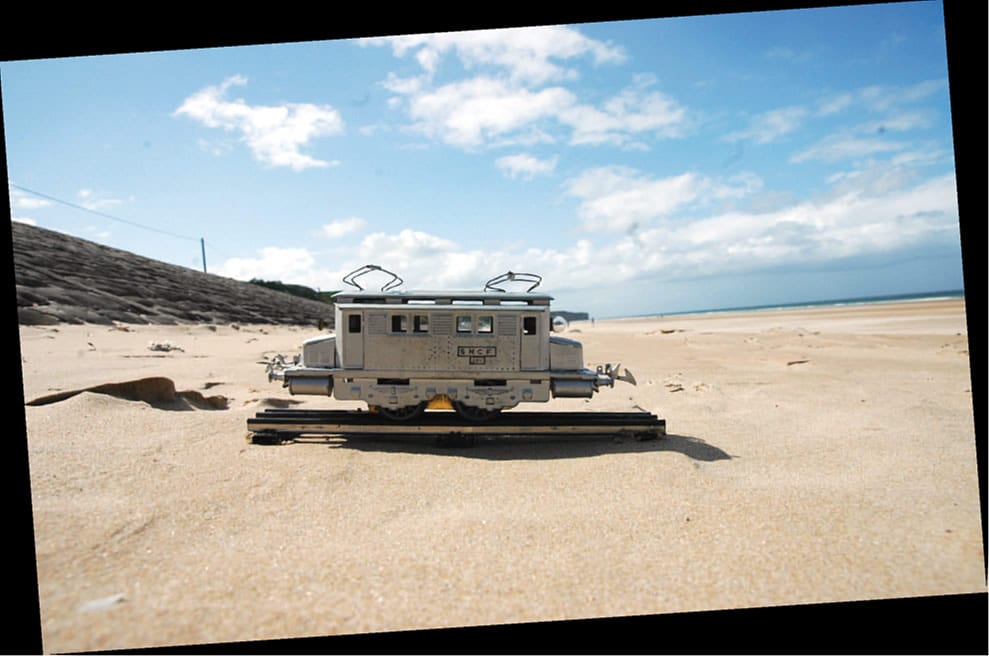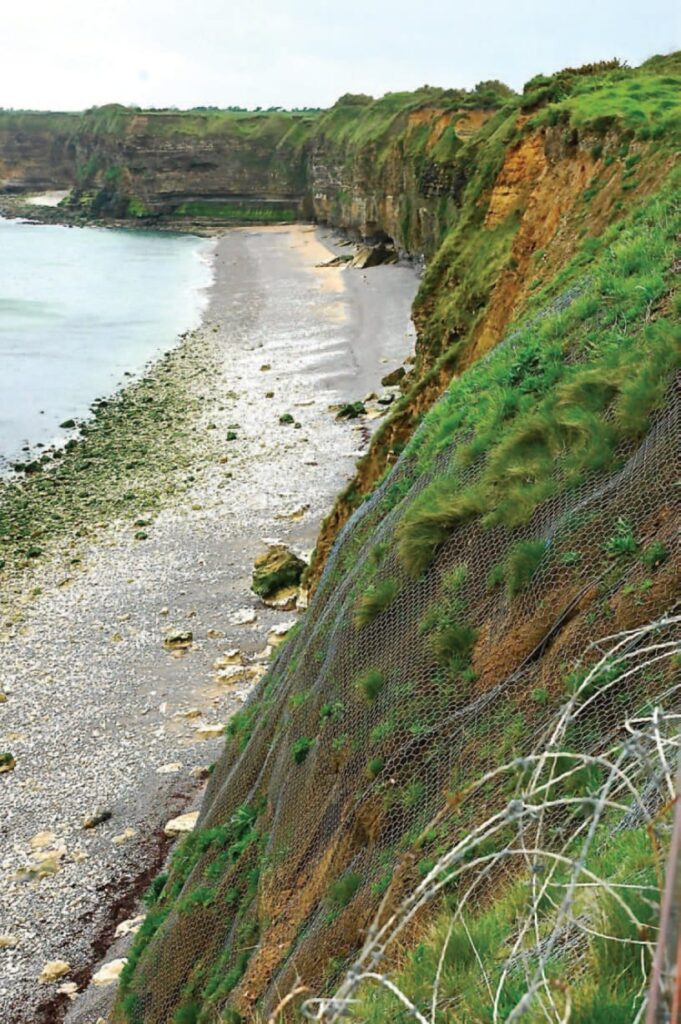Commemorating the 75th Anniversary of D-Day in WWII

By Carol Redman McGinnis HE95-41066 and Jim Burke #68-2321
Summer 2019
From The Train Collectors Quarterly Vol. 61 No.1 January, 2015.
In discussion with Jim Burke, TCA #68-2321, it seemed most appropriate to reflect upon the events of June 6, 1944. While much has been written about D-Day, I asked the question, “What does the D stand for?” D-day, code for the landing day of Operation Overlord, reversed the course of World War II, breaking the Nazis’ grip on France and setting the stage for the liberation of Europe.
According to the U.S. military, “D-Day” was an Army designation used to indicate the start date for specific field operations. In this case, the “D” in D-Day doesn’t actually stand for anything—it’s merely an alliterative placeholder used to designate a particular day on the calendar. (https://www.history.com/news/why-was-it-called-d-day)
So, in this case, the military designates the day before an event as “D-1” and the day after as “D+1”. Thus, the day before June 6, 1944, was known as D-1 and the days after were D+1, D+2, D+3 and so on. June 6th became D-Day.

this heavy German gun pillbox on Pointe du Hoc.
And so, in commemoration of the men and women who lived, loved, and lost, we encourage you to link to the article in the TCQ: Commemorating the 70th Anniversary.

Why place the Hornby on the beach for the photo?
Its 1941, a young French father, Andre Dubois, had surprisingly given his little daughter, Francoise, a French Hornby electric train as a birthday gift. (The locomotive to the set seen here is a French Hornby O-E.)
Tragically, the little set was his last gift to his daughter. Some time thereafter, he disappeared. Fifty years were to pass before Francoise learned that her father was a hero. In the mid 90’s, she was surprised to receive two medals in his honor: the French Legion of Honor and England’s Victoria Cross; both are their nation’s highest military honors.
In brief, her father had been spirited off to England and trained as a spy. Dropped back into France, he was betrayed while sending out what must have been important information on the Normandy beach defenses. He escaped to Paris, but was caught, interrogated and never heard from again.





